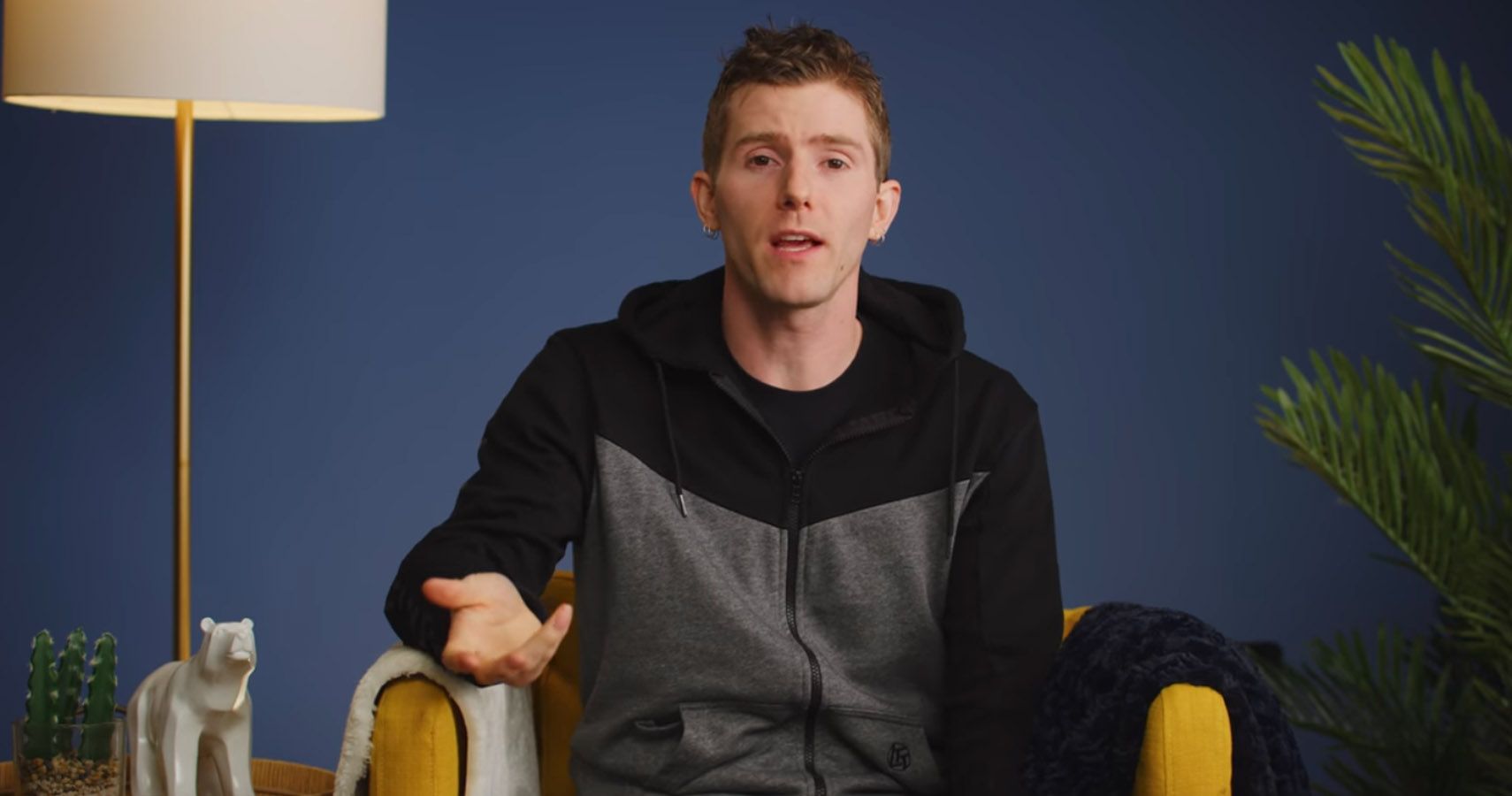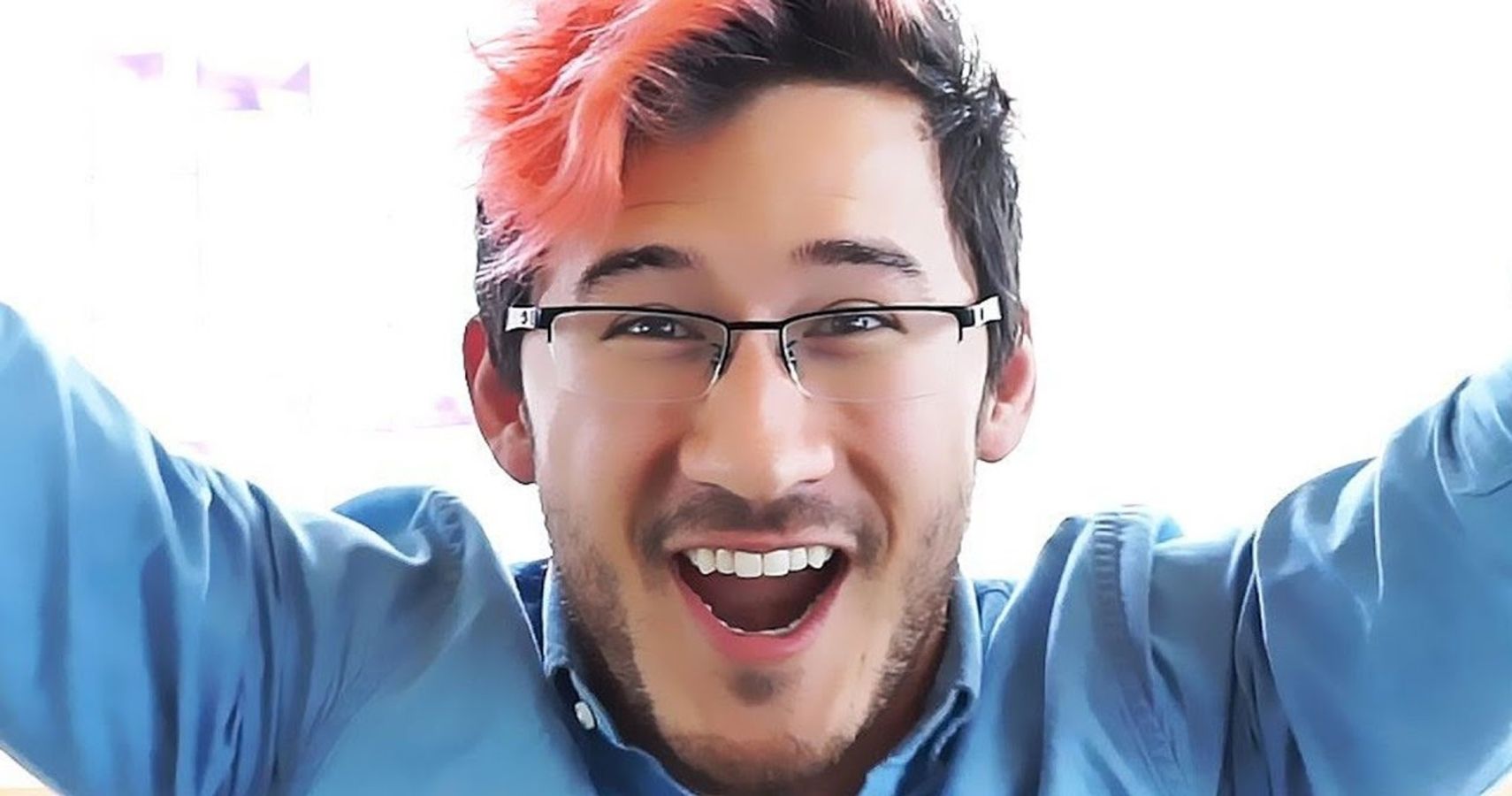As everyone around the world continues to stay indoors due various levels of quarantine, many YouTube content creators are making more videos. Since we’re in the midst of an unprecedented event that affects every nation, it’s natural that these creators will want to mention and acknowledge what’s going on. However, YouTubers have quickly discovered that mentioning the words “COVID-19,” “coronavirus,” or even “CV” will get their video demonetized faster than those around you scatter if you cough in public.
Speaking Out About Demonetization
Early last month, news began to circulate about YouTube demonetizing content that mentions coronavirus, even if it is directly related to the video’s content. Linus Sebastian, the host of Linus Tech Tips, directly addressed the issue at the beginning of a video about buying computers, saying: “For today’s video, I won’t be directly commenting on the recent health-related news because A) I am not a health care professional and B) I don’t need my video demonetized.”
Despite the fact that the video’s content is directly addressing how the current worldwide quarantine measures impact PC manufacturing, Sebastian has to carefully choose every word he says on YouTube. This is to avoid his video from becoming ad-free, which would directly impact his income during this difficult time.
So, why is YouTube being so strict? The short answer is that the subject of the coronavirus is considered sensitive.
YouTube’s N0-Ads Policy
YouTube has a full and comprehensive list of subjects it considers to be unsuitable for advertising. These include subjects you would expect, such as sexually explicit content, violence, and abuse of firearms. However, it also includes “controversial issues,” which is how it has classified the novel coronavirus.
The channel defines a sensitive event as “an unforeseen event in which there has been a loss of life,” and this is said to specifically include “global health crises.”
Since the coronavirus pandemic is the very definition of this, videos are being demonetized on a large scale, with many creators taking to social media to discuss the issue. Creators have also discovered that using abbreviations doesn’t help, with YouTube channel SpawnWave saying: “I made up abbreviations to say like CV, but it still gets tagged as unsuitable,” before mentioning that “It was in a video about GDC being cancelled, so maybe events affected by coronavirus being talked about can trigger their bot for review as well.”
YouTube’s Response
YouTube has responded to these reports, issuing a statement from CEO Susan Wojcicki about the current circumstances.
YouTube’s statement focuses on how it is trying to avoid the spread of fake news, with the company stating: “It remains our top priority to provide information to users in a responsible way. From the very beginning of this outbreak, we’ve worked to prevent misinformation associated with the spread of the virus.” Wojcicki goes on to discuss how YouTube is promoting authoritative content and working on “meeting the increased demand for live streaming.”
The statement also supports the reports of creators, with Wojciciki confirming that the policy “currently does not allow monetization if a video includes more than a passing mention of the coronavirus.” However, she acknowledges that this is not a short term event, stating that “this issue is now an ongoing and important part of everyday conversation.”
In terms of the future, Wojiciki states that: “In the days ahead, we will enable ads for content discussing the coronavirus on a limited number of channels, including creators who accurately self-certify and a range of news partners.”
What This Means For Creators
Allowing news reporters to cover the current crisis makes sense; after all, accurate and informative news is what we all need right now. However, YouTube’s the self-certification system is still confusing, since it is essentially an honors system.
Self-certification happens when a channel states that its content complies with guidelines before YouTube reviews the content through automated systems. Creators can request a human review if they disagree with the verdict. The idea is that over time, channels that accurately self-certify will need to be checked less.
However, this system is far from foolproof and misinformation is still getting through and leaking onto the platform. This is creating other problems and making it harder for YouTube to identify genuinely harmful information and separate it from certain videos, such as those that talk about the virus’ impact on their lives and jobs.
The Way Forward
In short, as much as it is difficult for creators, the blanket ban and slow and steady trickle system is likely the only sensible way to tackle the issue. Misinformation about COVID-19 is actively dangerous, and as such, it’s in everyone’s best interests that platforms do whatever they can to clamp down on content that promotes false and potentially even fata; “cures.”
While no one likes demonetization, in this case, we can’t see a better way to stop a flood of harmful information during a crises when we all need to work together to save lives.
Content creators can keep posting their videos, but they should make sure they choose their words carefully and keep their content accurate. Right now, YouTube is teaching and entertaining millions of people, so a lot rests on their shoulders.
Sources: The Verge, Tech Crunch
Source: Read Full Article

